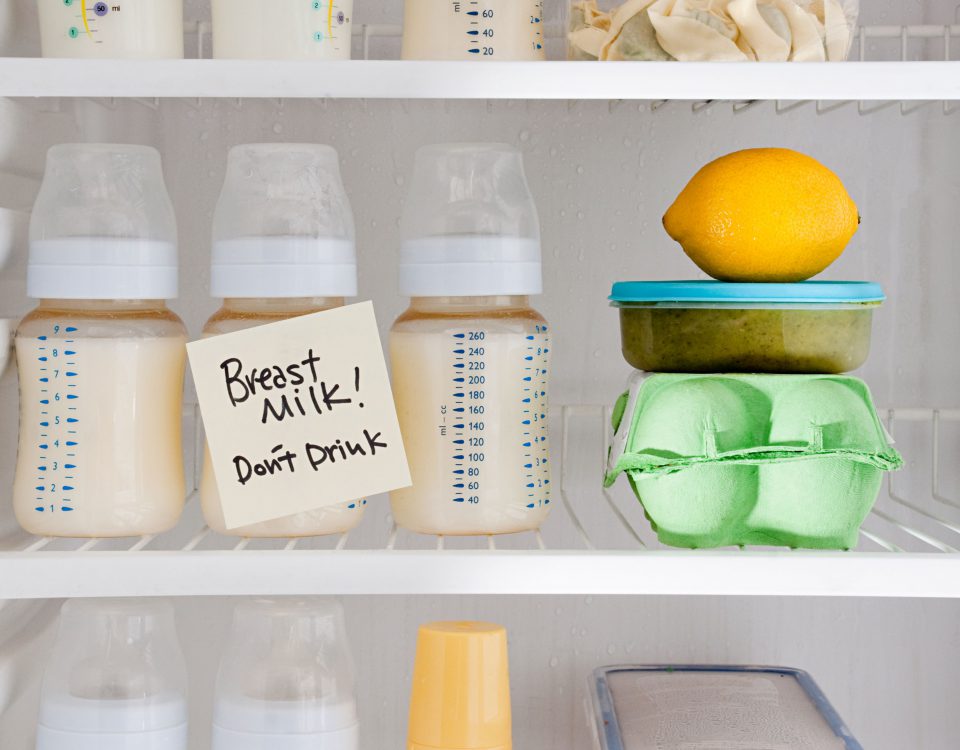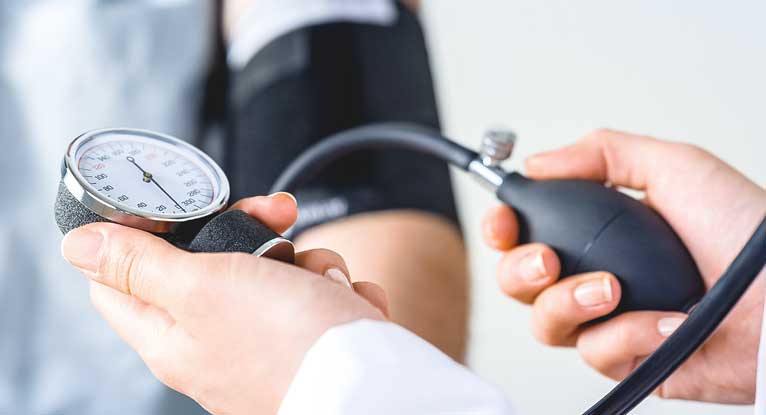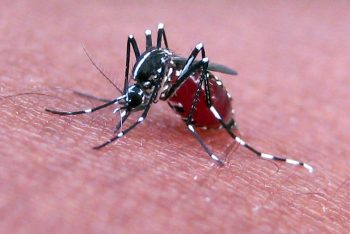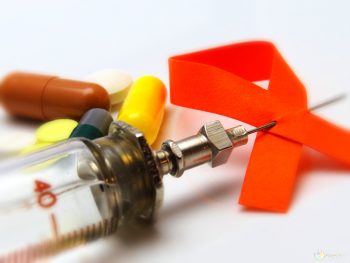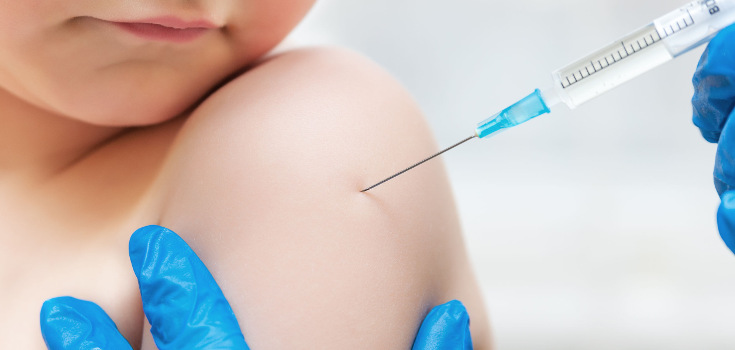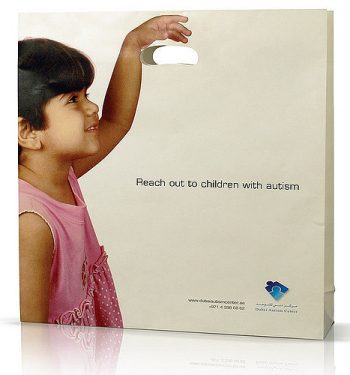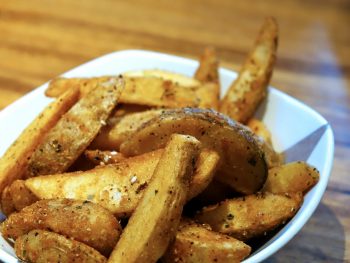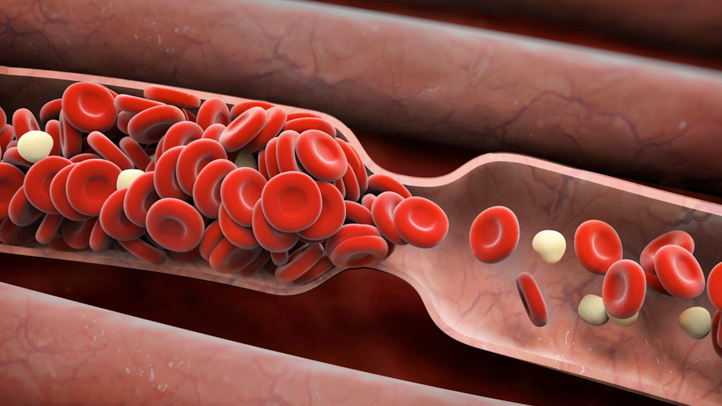Pumping and storing breastmilk
Whether you're going back to work, want to have your partner help with feedings, or want to make sure you have breastmilk for your baby if you are away for a few hours, you will need to pump and store your breastmilk. Get tips on pumping your milk and storing it safely.Common breastfeeding challenges
Breastfeeding can be challenging, especially in the early days. But remember that you are not alone. Lactation consultants can help you find ways to make breastfeeding work for you and your baby. Some women face many different problems while breastfeeding, while others do not. Also, many women may have certain problems with one baby that they don't have with their second or third baby.Making the decision to breastfeed
When you breastfeed, you give your baby a healthy start that lasts a lifetime. Breastmilk is the perfect food for your baby. Breastfeeding saves lives, money, and time.Preparing to breastfeed
Learn steps you can take before and after birth to help breastfeeding go smoothly for you and your baby.Watch for Signs of Speech or Language Delay
The first 3 years of a child's life are the most important for learning to talk. Share this resource to help parents watch for signs that their children are learning to talk on schedule.Causes of High Blood Pressure
Changes, either from genes or the environment, in the body’s normal functions may cause high blood pressure, including changes to kidney fluid and salt balances, the renin-angiotensin-aldosterone system, sympathetic nervous system activity, and blood vessel structure and function.Men’s Health
National Men’s Health Week is observed each year leading up to Father’s Day. This week is a reminder for men to take steps to be healthier, but they don’t have to do it alone! Whether it’s your husband, partner, dad, brother, son, or friend you can help support the health and safety of the men in your life.Chikungunya Prevention
During the first week of infection, Chikungunya virus can be found in the blood and passed from an infected person to another mosquito through mosquito bites. An infected mosquito can then transmit the virus to other people.What Is HIV/AIDS?
What Is HIV/AIDS?
HIV attacks the body’s immune system, specifically the CD4 cells (T cells), which help the immune system fight off infections. If left untreated, HIV reduces the number of CD4 cells (T cells) in the body, making the person more likely to get infections or infection-related cancers.Vaccinate to Protect You and Your Loved Ones from Flu
Getting vaccinated is the best way to reduce the chances that you will get seasonal flu and spread it to others. Everyone 6 months and older should get a flu vaccine each year. It takes about two weeks after vaccination for your body to develop protection against the flu. So, go ahead and take your best shot in the fight against flu! Protect yourself and your loved ones by getting your flu shots!What is Diabetes?
Diabetes means your blood glucose (often called blood sugar) is too high. Your blood always has some glucose in it because your body needs glucose for energy to keep you going. But too much glucose in the blood isn't good for your health.Autism
Autism, also known as autism spectrum disorder (ASD), is a disorder that causes impairment in social interaction, as well as the presence of repetitive, restricted behaviours and interests. It is usually first diagnosed in early childhood. The term spectrum refers to the wide range of symptoms, skills, and levels of impairment that those with ASD can have. Some are mildly impaired by their symptoms, while others are severely disabled. According to the Centers for Disease Control and Prevention, ASD affects roughly 1 in 68 children.Dangerous Food Safety Mistakes
Sometimes a simple mistake can have grave consequences. What may seem like a small food safety mistake can cause serious illness with long-term consequences.
When it comes to some germs, such as Salmonella, all it takes is 15 to 20 cells in undercooked food to cause food poisoning. And just a tiny taste of food with botulism toxin can cause paralysis and even death. Here are some common food safety mistakes that have been proven to cause serious illness.Depression (PDQ®) – Health Professional Version
Depression is a comorbid disabling syndrome that affects approximately 15% to 25% of cancer patients.[1-4] Depression is believed to affect men and women with cancer equally, and gender-related differences in prevalence and severity have not been adequately evaluated.[5] Individuals and families who face a diagnosis of cancer will experience varying levels of stress and emotional upset.What Causes a Stroke?
Buildup of plaque and blood clots causing blockage of an artery that supplies oxygen-rich blood to the brain can cause an ischemic stroke, while sudden bleeding from causes such as high blood pressure can result in a hemorrhagic stroke.







